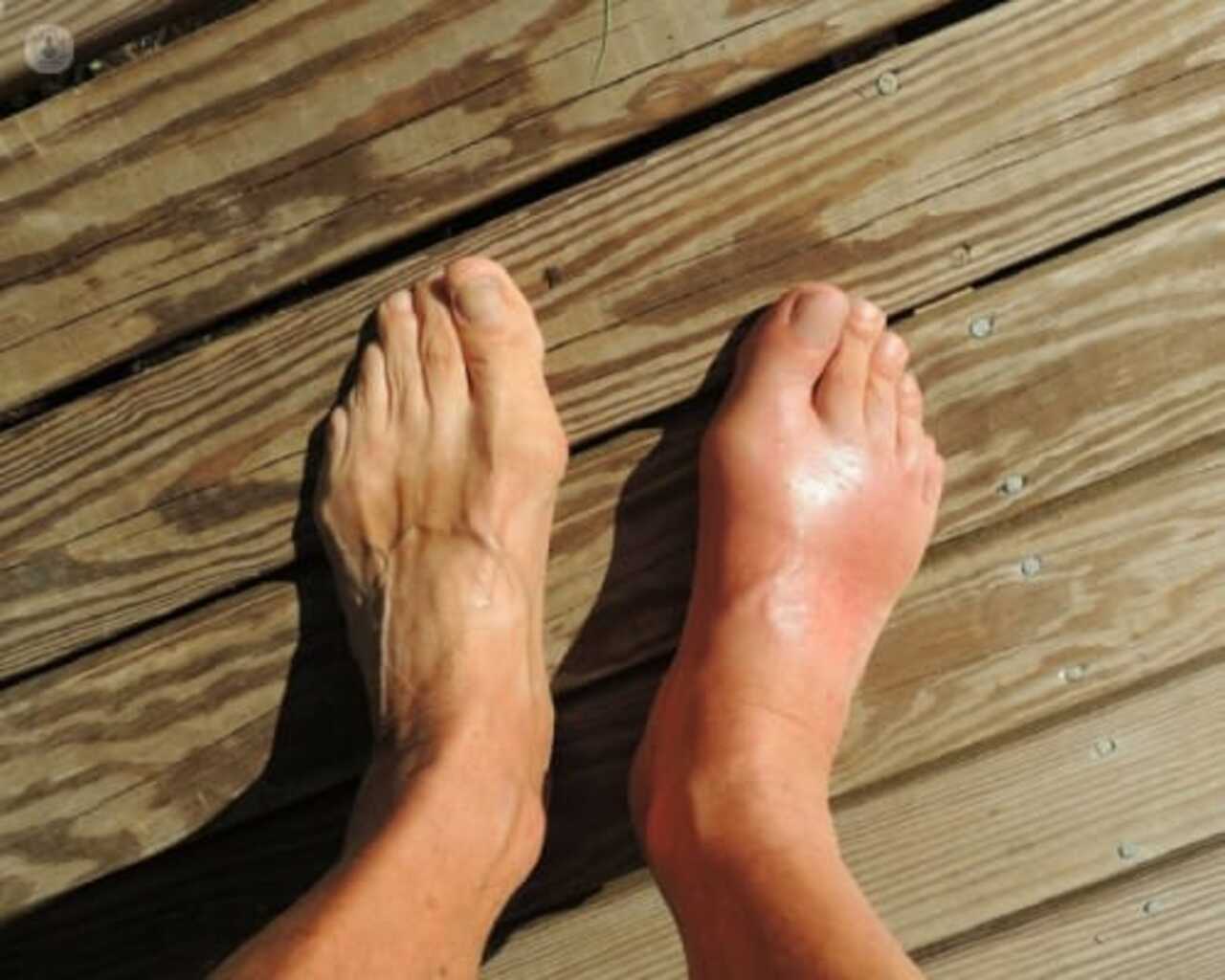
Gout: Genetics as the Main Cause According to New Research
New research has revealed that gout, a painful form of arthritis, is primarily caused by genetics rather than lifestyle, as was traditionally believed.
New research has revealed that gout, a painful form of arthritis, is primarily caused by genetics rather than lifestyle, as was traditionally believed. This discovery challenges the prevailing view that gout is a “disease of kings,” associated with diets rich in purines, alcohol, and other unhealthy habits.
The Traditional View of Gout
Historically, gout has been linked to the excessive consumption of foods rich in purines, such as red meat, shellfish, and alcohol. These purines increase uric acid levels in the body, which can lead to the formation of crystals in the joints, triggering painful gout attacks. For this reason, gout patients have been recommended to follow strict diets and avoid certain foods to reduce their symptoms.
Since the disease was common among the wealthy in the past, it became associated with opulence and dietary excesses. However, this new study reveals that while lifestyle plays a role in the disease, genetics is the predominant factor.
Research on Genetics and Gout
This recent study, which analyzed genetic and health data from thousands of people, identified that certain genetic variants influence how the body processes uric acid. Researchers found that some people have a genetic predisposition that affects the kidneys’ ability to effectively eliminate uric acid, leading to its accumulation in the body and the development of gout.
By comparing individuals with similar diets but different outcomes regarding the disease, the study concluded that genetics have a more significant impact on the development of gout than dietary habits. This has shifted the understanding of gout, highlighting the need to pay attention to family history and genetic predisposition.
Impact on Treatment and Prevention
This finding may change the approach to treating and preventing gout. Instead of focusing solely on dietary restrictions, doctors may recommend genetic monitoring to detect predisposition to the disease and personalize treatments. It also helps reduce the stigma associated with gout, as many patients have been blamed for their lifestyle choices, when in reality, genetics play a key role.
The Role of Lifestyle Remains Important
While genetics is the primary factor behind gout, lifestyle is still relevant. A healthy diet, reducing alcohol consumption, and staying hydrated are essential for preventing attacks, especially in those who already have a genetic predisposition.
Conclusion
The new research on gout highlights the dominant role of genetics in the development of this disease, significantly changing how its prevention and treatment should be approached. Although lifestyle remains important, this finding allows for a more balanced, personalized, and less stigmatizing approach for patients.











LEAVE A COMMENT: